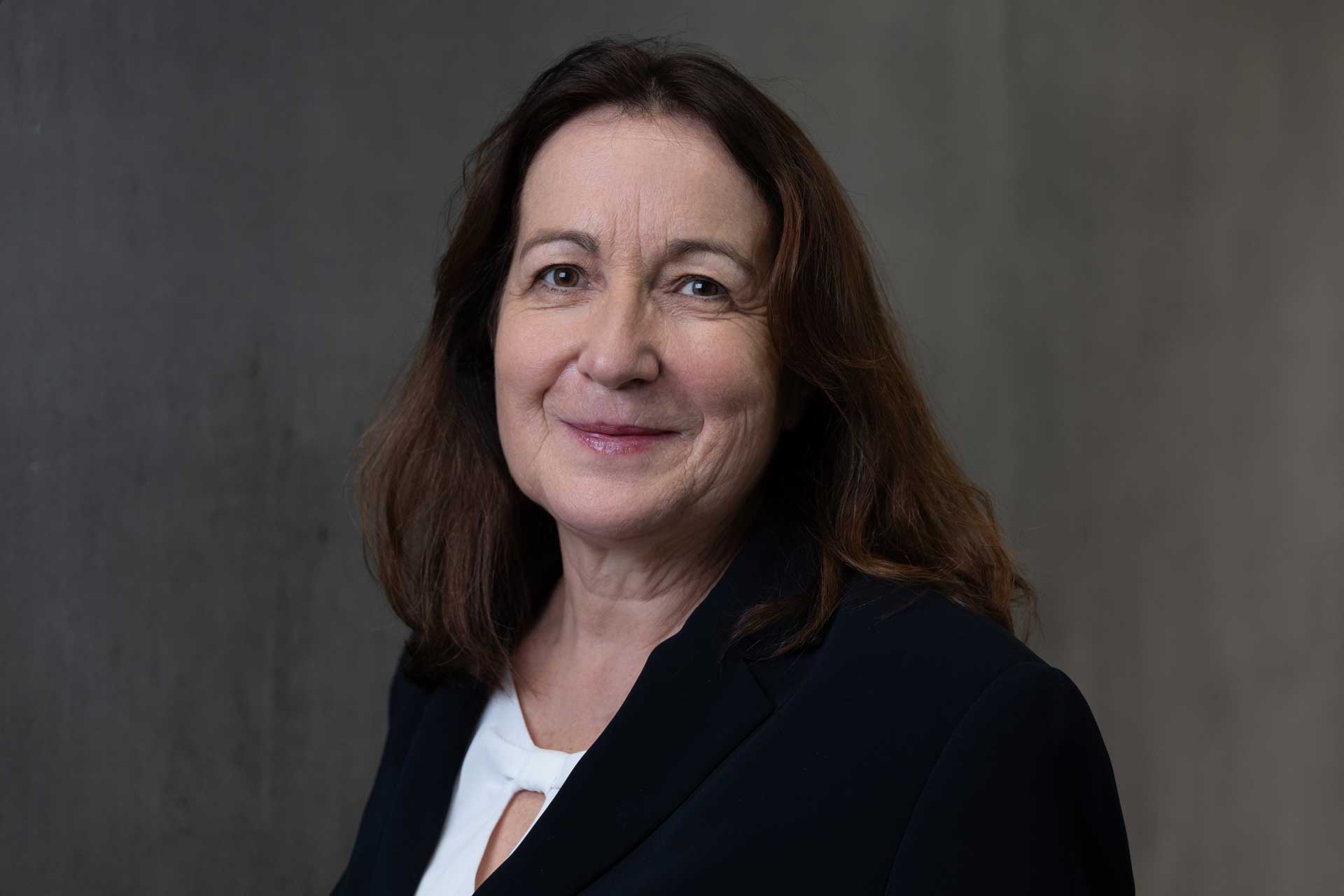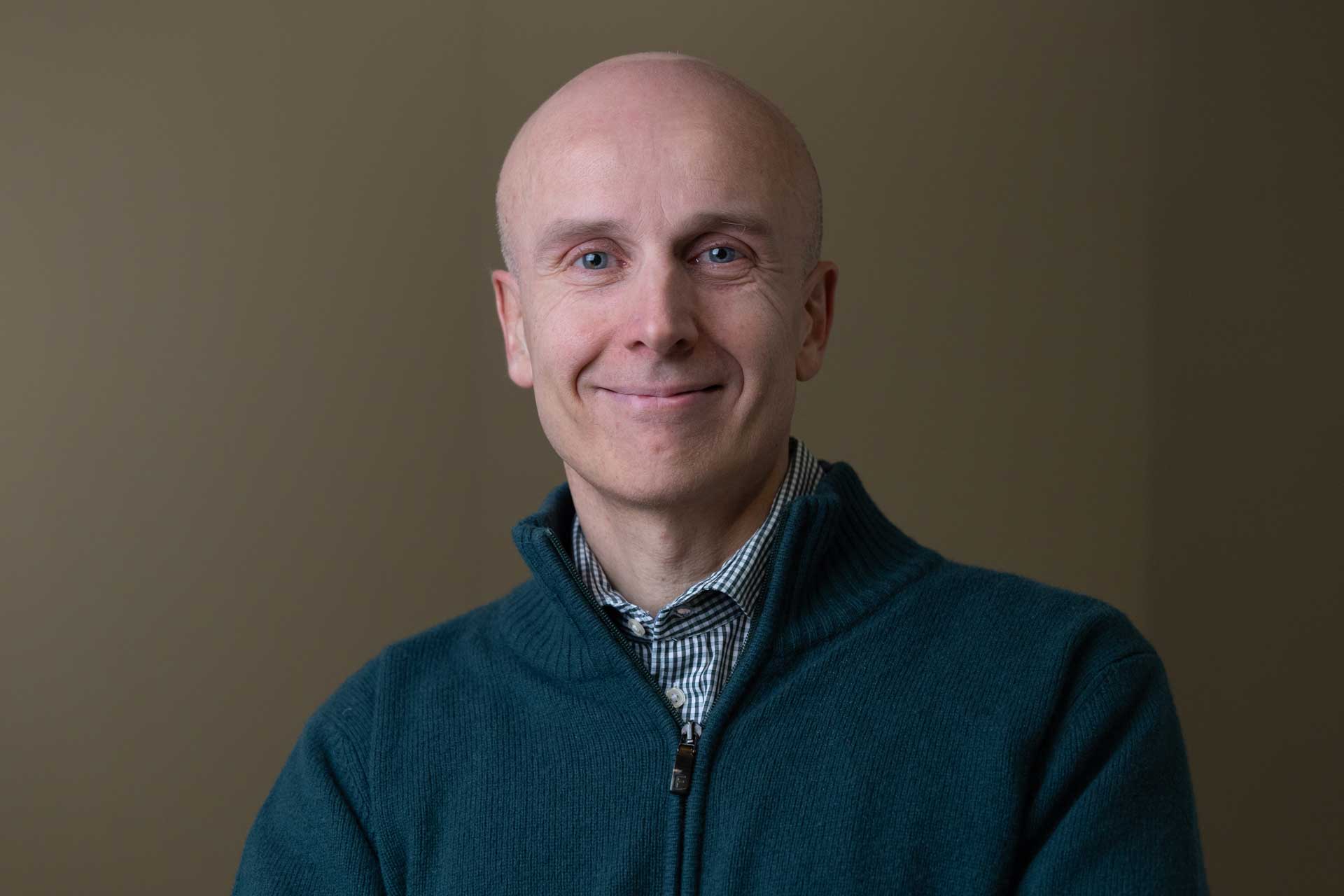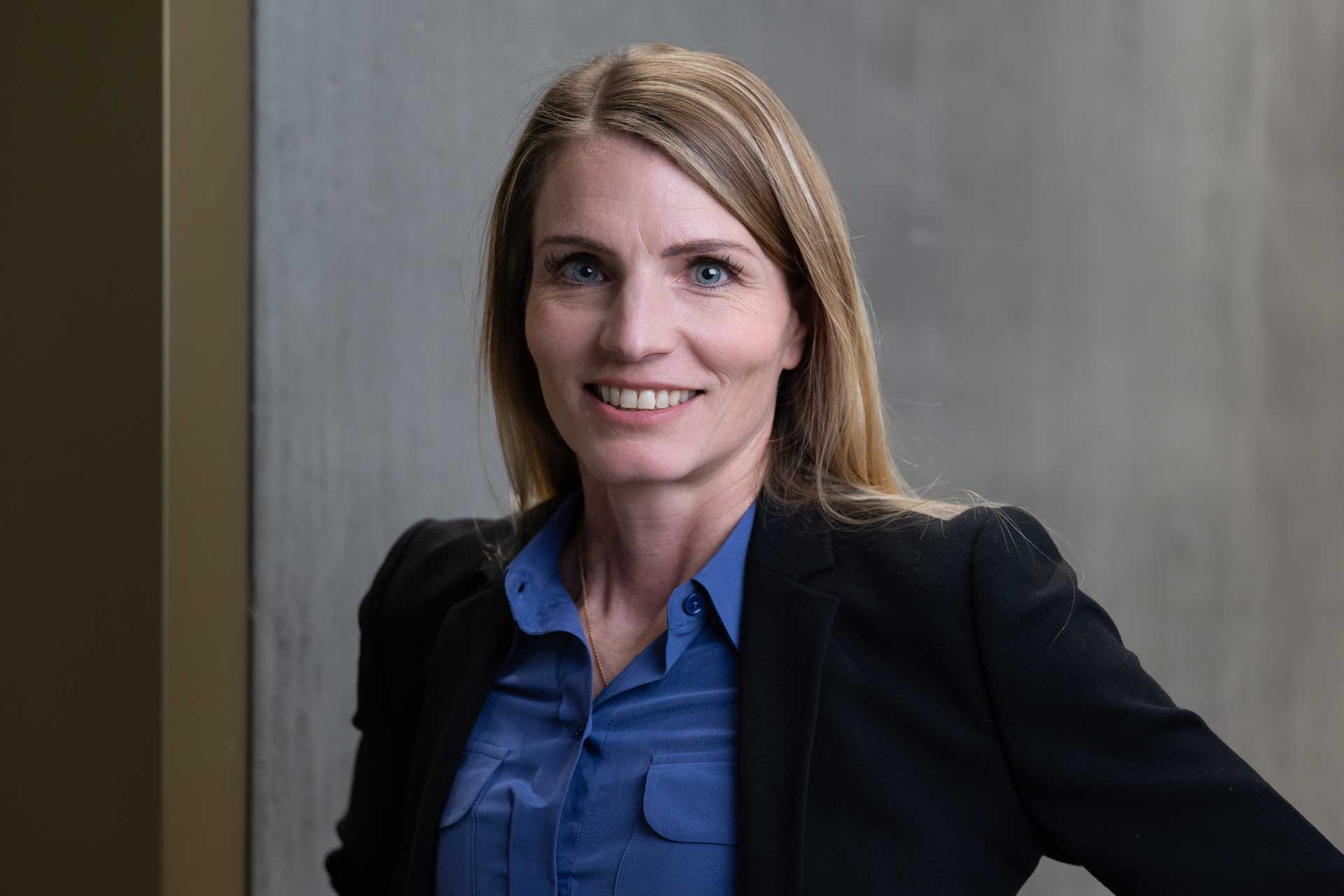Presented
We take a very close look Inspections – intensified surveillance means safer therapeutic products
Manufacturers of medicinal products must comply with extremely strict safety requirements during production. Swissmedic has intensified surveillance in Switzerland – and more recently in other countries too – to make sure that quality defects such as impurities or contamination don’t arise in the first place.
Anyone who needs to take medication on a daily basis is grateful that active substances capable of relieving their condition exist. We hardly ever stop to consider how tablets, syrups, sprays, creams or injections work, what they consist of or how they are manufactured. We rely on the fact that they help us – and that they are safe. This is a good thing. Because the medicines sold in Switzerland are indeed very safe. Swissmedic and the Regional Medicines Inspectorates employ 41 inspectors to make sure things stay that way. Their task is to check that every active substance and medicinal product manufactured or sold in Switzerland is manufactured and distributed correctly and to monitor their production very closely.
Some medicinal products contain only one active substance. Others contain several. They switch off pain receptors, regulate messenger substances in the brain or make tumours shrink. “These powerful active substances have considerable potential to harm health if they are manufactured or dosed incorrectly or contaminated,” says Federico Cimini, Head of the Inspectorates and Licences Division at Swissmedic. This is why it is so important for Swissmedic to operate intensive surveillance of companies with the respective licences. In 2022 the authority intensified its inspections by adding a warning system known as the Compliance Management process, which is also used in the EU.
“The process, once initiated, acts as a wake-up call.”
Every detail is scrutinised intensely
Depending on the product, the four regional inspectorates also carry out routine inspections of Swiss pharmaceutical establishments. They inspect every single company that distributes medicinal products in Switzerland every four years. Companies that manufacture active substances, intermediates or finished products are inspected every two years. If everything is in order, the manufacturer remains “compliant”. However, if the competent inspectorate observes deficiencies repeatedly, and if these are not eliminated on the basis of an action plan despite the company’s assurances, the manufacturer becomes “conditionally compliant”. They receive a warning, or their shortcoming is made public (see box), unless the deficiencies are bad enough to necessitate the immediate suspension or revocation of the establishment licence.
The pharmaceutical company that brings a medicinal product onto the market is fundamentally responsible for ensuring that every single active substance is safe and manufactured in compliance with the rules of Good Manufacturing Practice (GMP), and that no impurities or contamination with other substances occur during production and distribution. If the inspectors suspect a specific problem, they take samples from the production lines and test them in the state-of-the-art Swissmedic laboratory in Freiburgstrasse in Bern. They are looking, for example, for traces of active substances that do not belong in a specific medicinal product but come from products processed previously on the same line. They check whether solvents are distilled and equipment is cleaned in such a way that the quality of the medicinal product is not impaired. They also check whether sufficient specialised staff and employees trained for their specific tasks are available, whether the employees are actually following the processes specified in the quality assurance system, such as hygiene regulations, and whether the production facilities comply with the current state of science and technology.
A yellow card for companies with persistent deficiencies
Medicinal product manufacturers subjected to Compliance Management are under enormous pressure. The process, once initiated, acts as a wake-up call, says Susanne Wings, one of Swissmedic’s inspectors: “The company’s senior management often doesn’t realise until this point that the situation is critical and that, for example, it is vital to allocate funds for long-overdue investment in the company’s production facilities.” If the company reports that the deficiencies have been eliminated, Swissmedic visits the site for a follow-up inspection. “Otherwise the company is considered ‘non-compliant’ and we have to suspend their licence and recall the medicinal products.”
Swissmedic’s objective is to prevent a company that has already received a warning from slipping into non-compliance, with the associated risk of having its licence revoked, Susanne Wings emphasises. Thanks to the Compliance Management process, the management of a company also learns about any deficiencies in production or weak points in the quality assurance system at an earlier stage. “This means that they can allocate resources in time to turn things around.”
Despite the intensification of surveillance inherent in the new system, Federico Cimini also believes that it offers opportunities for affected companies, and for the Swiss medicinal products market. Swissmedic’s intention is by no means to put the supply of medicines in Switzerland at risk: “It is not in our interest to revoke a medicinal product manufacturer’s licence because of deficiencies that could be eliminated. And even less so if that company manufactures important substances.”



Inspections now in other countries as well
Swissmedic launched an inspection programme abroad last year as an additional quality assurance measure (see interview). Here too, Switzerland is following the example of other industrialised countries. The focus is on producers who do not have a GMP certificate and are manufacturing relevant products in countries which do not have an equivalent system for medicinal product surveillance.
Federico Cimini says that serious companies generally support Swissmedic’s surveillance activities, because if it emerges that a company is compliant with all the safety and quality requirements, Swissmedic will issue it with an internationally recognised GMP certificate after the inspection, and this is an important form of recognition in the industry. “This enables us to strengthen the international market as well.”
According to Federico Cimini, Swissmedic also benefits from the new programme: “It intensifies our involvement in the international quality assurance of medicinal product manufacturing,” he explains. The inspectorates in the different countries operate a close network and provide mutual support. “The shared objective is always to ensure patients’ safety.”
International certificate as a quality standard
“Companies in other countries are also inspected by local or national authorities, but not to the same standards everywhere,” says Susanne Wings, one of Swissmedic’s inspectors. This is why Switzerland primarily inspects establishments abroad that do not have an international certificate issued by an authority with equivalent surveillance. “Our task is to inspect these suppliers ourselves – this is the only way for us to ensure the safety of active substances and medicinal products imported into Switzerland.”
Companies abroad which have a GMP certificate issued by a partner authority with an equivalent system for medicinal product surveillance are not usually inspected by Swissmedic because this has already been done by the partner authority. “If we do nonetheless become aware of a deficiency, we contact the competent inspection office,” Susanne Wings says. Swissmedic doesn’t usually carry out inspections in the “PIC/S member states” either because their authorities already inspect in compliance with the international GMP guidelines. “But we often don’t get access to all the documents,” Susanne Wings comments. There is sometimes also some doubt as to whether the inspections were detailed enough to find hidden deficiencies. In such cases Swissmedic reserves the right to perform its own inspections.
The cost of the entire inspection by Swissmedic, including travelling expenses, is borne by the pharmaceutical company which applied for the authorisation for a medicinal product in Switzerland.